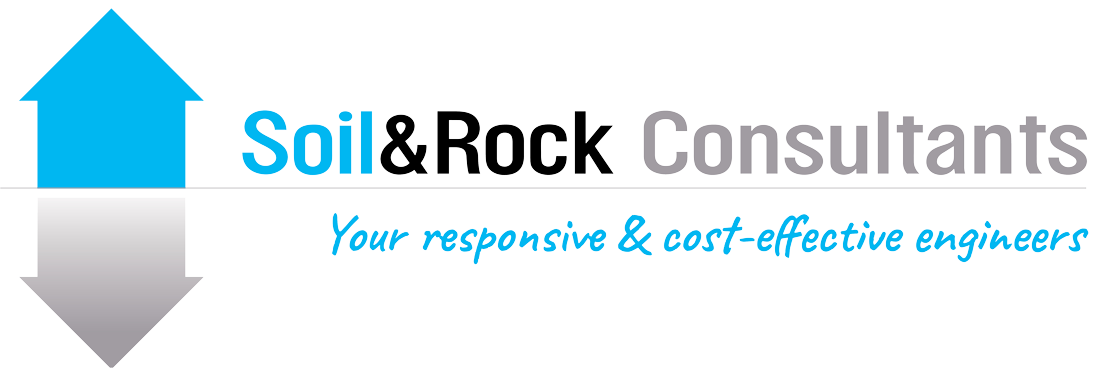Geotechnical Frequently Asked Questions
What is a geotechnical report?
‘Geotechnical report’ is the term commonly used to describe a Geotechnical Investigation Report (GIR). This is a report summarising on-site geotechnical testing, ground conditions, assessment of potential geotechnical hazards (geo-hazards) such as land instability, and providing recommendations on mitigation of these hazards, as well as recommendations on foundation and retaining design (as applicable).
How much does a geotechnical report cost?
For a simple residential development on flat ground, the cost of a geotechnical report is likely to range between $1,000 and $2,500 plus GST. The cost will be dependent on the complexity of the project, the underlying ground conditions, and the number/type of geo-hazards potentially affecting the property.
How long does a geotechnical report take?
Simple reports typically take at least 2 weeks for fieldwork to be completed, analysis undertaken, and a report prepared. More complex projects will require additional time.
Do I need a geotechnical report for my development?
Council is required to consider natural hazards when assessing a proposed development under the Resource Management Act and Building Act. If the proposed development is in an area where a geotechnical natural hazard (geo-hazard) may be present, it is likely a geotechnical report will be required.
What’s the difference between a geotechnical report and a geotechnical survey?
A geotechnical ‘survey’ or ‘investigation’ refers to the fieldwork undertaken in order to prepare a report. This fieldwork may include the drilling of holes by hand or with a machine or other exploratory investigation techniques.
Who can prepare a geotechnical report?
In most cases a geotechnical report needs to be prepared (or at least reviewed) by a Chartered Professional Engineer (within the Geotechnical practice field) (CPEng – Geotechnical). Most Territorial Authorities (Councils) have guidelines on who is a suitably qualified person to prepare a geotechnical report. Some Councils’ guidelines will be informed by the earthquake geotechnical engineering practice guidelines prepared by the Ministry of Business, Innovation and Employment (MBIE).
Do I need a geotechnical engineer to carry out inspections during construction?
The aspects of a development that require geotechnical observation, testing, and final certification as determined by Council will be given in the conditions of the Consent. Reference should also be made to the geotechnical report for any specific items the Geotechnical Engineer has specified should be observed/confirmed during construction.
Is there any difference between a geotechnical report to support Building Consent vs. Resource Consent?
The level of detail required in a Geotechnical Report can differ depending on the nature of the development and the type of Consent required. Often the level of detail required for Building Consent will overlap with the level required for Resource Consent and therefore it is possible to have just one Geotechnical Report prepared that covers multiple levels of Consent.
I have an old geotechnical report, do I need another one?
If your geotechnical report was prepared to support a different consent application (e.g. the neighbouring house or a previously proposed development) then it is unlikely to be accepted by Council for the current application. Depending on the existing geotechnical data and the nature of the current proposal, additional work required could vary from a simple review of data and a covering memo, up to additional investigation, analysis and reporting.
Do I need a geotechnical report for a retaining wall?
Failed retaining walls are one of the most common geotechnical issues encountered. Often this is because the wall has not been subject to engineering design or geotechnical input. Quality retaining wall design utilises geotechnical parameters and ensuring those parameters are as accurate as possible can ensure a cost-effective and suitable/durable design. To this end, it is always a good idea to have geotechnical input into a retaining wall design.
Why should the geotechnical engineer review my drawings?
The geotechnical investigation for a project is often carried out prior to detailed design. It is recommended that once the detailed design has been completed, the geotechnical engineer reviews the drawings to ensure that the design has implemented the geotechnical recommendations the way they were intended. This can help to avoid errors or omissions in the final design that can be costly to resolve once construction is underway.


